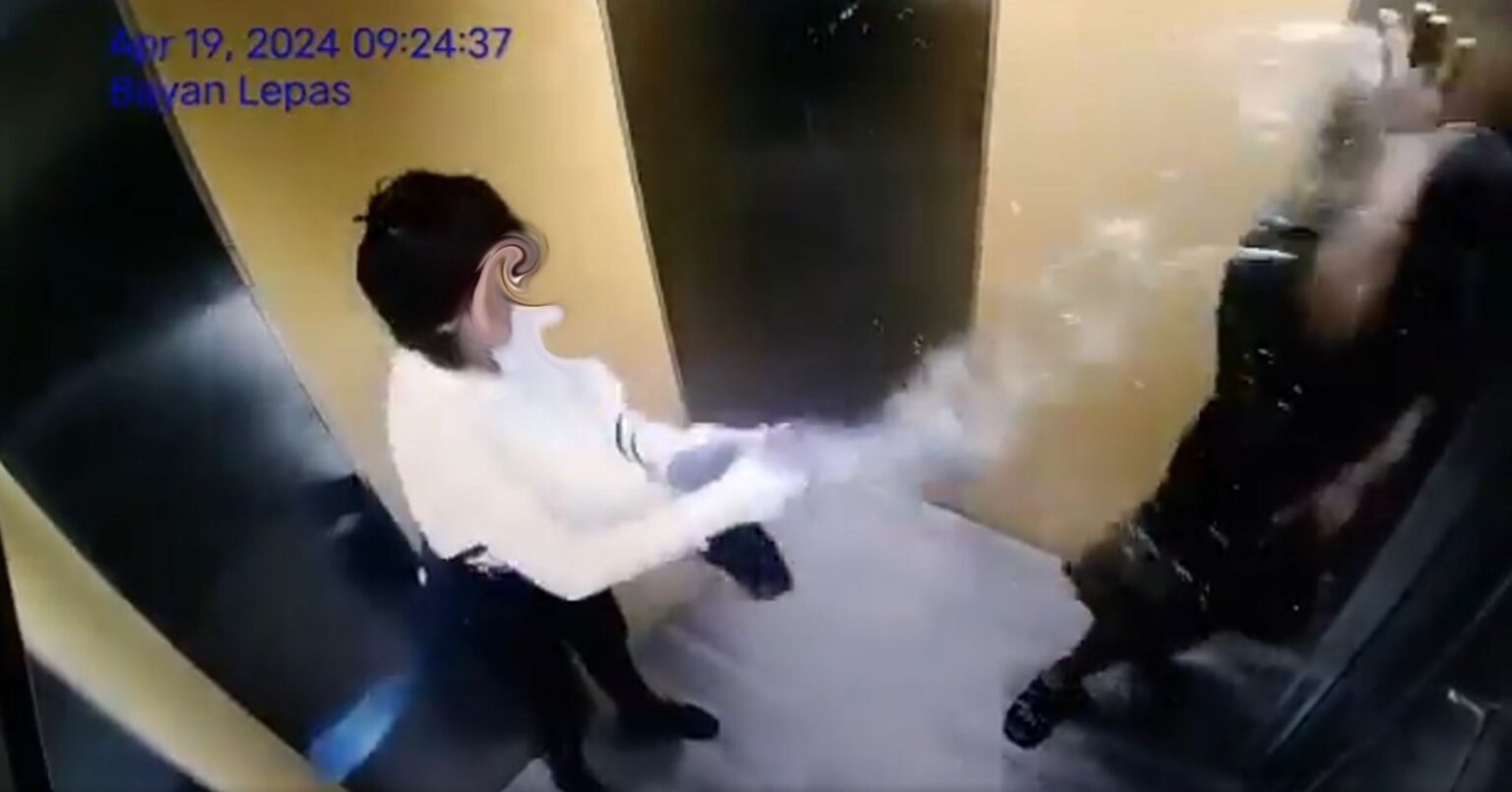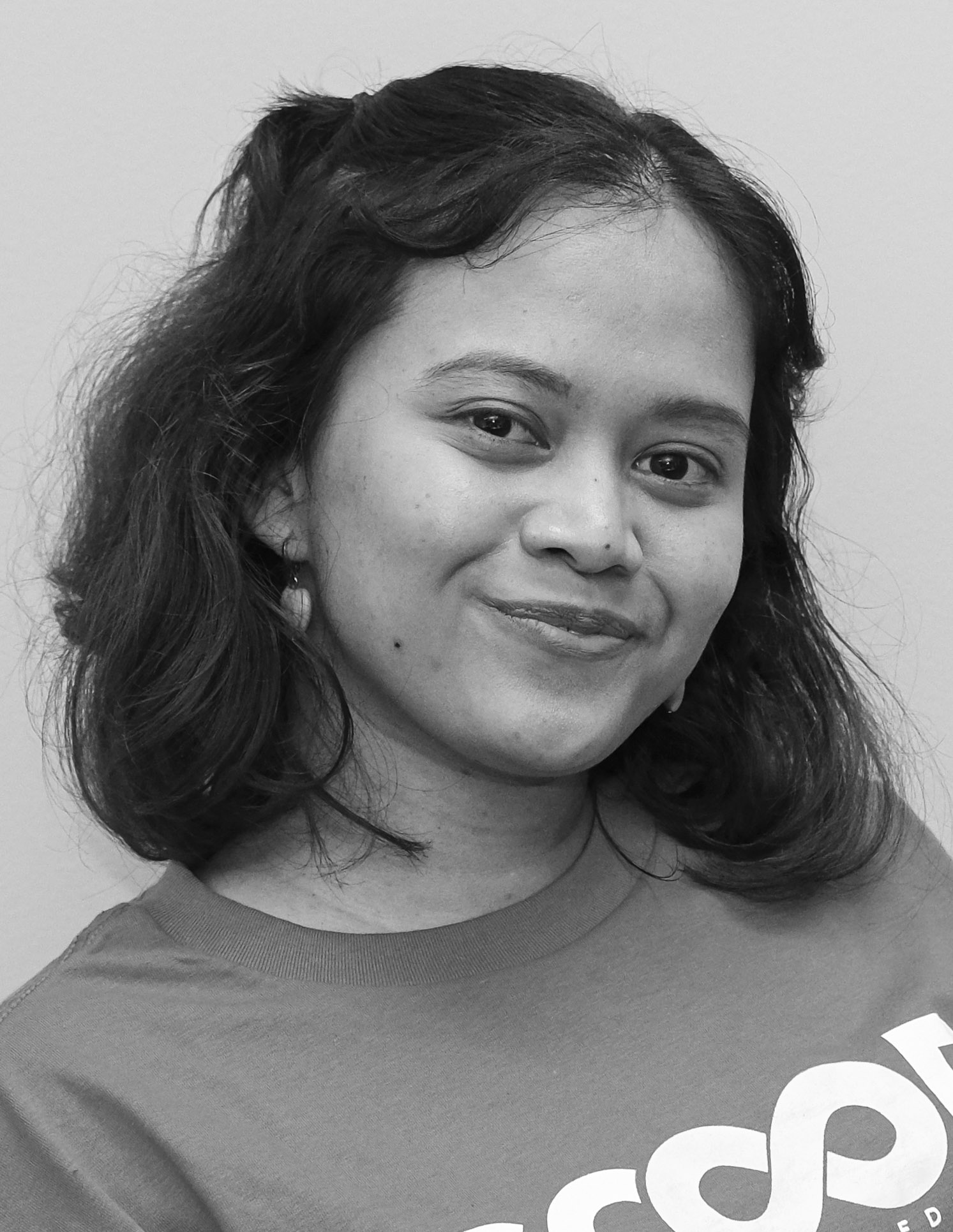KUALA LUMPUR – Calls are growing stronger for the implementation of a hate crime law or similar legislation to effectively prosecute perpetrators motivated by racism, stereotypes, or discrimination, following recent attacks on disabled people and other vulnerable individuals.
Social activist Arun Doraisamy is advocating for the new law following a recent incident captured on closed-circuit television in which a woman splashed hot water on a man with Down syndrome, causing widespread public outrage.
“It is sad to see that there are still people with such venomous attitudes in this day and age, particularly towards a very vulnerable group such as people with Down syndrome, autism, physically challenged people, or persons with disabilities.
“It is a given that we must be kinder to one another. In any case, we need a specific law, similar to the hate crime legislation we see in developed countries.
“This law would deter people who hate because of stereotypes, race, religion, racism, or even discriminatory attitudes (from committing a crime),” he recently told Scoop.
Arun is also the chairman of the Nhaveen Action Investigation League (NAIL), which was formed to seek justice for teenager Nhaveen, who died at the age of 18 after being assaulted by bullies in 2021.
He emphasised that current legal avenues, such as sections of the Penal Code, lack specificity in addressing crimes rooted in discrimination and stereotypes.
“Without specific hate crime legislation, authorities are forced to resort to general provisions of the Penal Code. In this recent case, the police are investigating under Section 324, which carries a maximum penalty of 10 years’ imprisonment or a fine,” he explained.
“However, this may not adequately address the severity of the offence. Considering the potential long-term impact on the victim, such acts could arguably fall under Section 326 for assault causing permanent damage, which carries harsher penalties,” Doraisamy added.
Hate crime bills, enacted in countries like the United Kingdom and the United States, criminalise offences motivated by bias against disability, race, religion, ethnicity, and sexual orientation.
The 33-year-old man with Down syndrome suffered burns from scalding hot water in an elevator incident in Penang. The suspect, a 39-year-old woman, has been detained, with the victim reported to be in stable condition.
Acting Barat Daya district police chief Jafri Md Zain confirmed that the investigation is currently being conducted under Section 324 of the Penal Code for causing injury.
Arun urged the public prosecutor to reclassify the case under Section 326, highlighting the provision for up to 20 years in prison, a fine, or corporal punishment.
Apart from the hot water attack, reports have emerged of a disabled woman falling victim to sexual assault, allegedly by her sister’s boyfriend.
According to Ampang Jaya acting police chief Nazruel Ekram Abu Saare, the 38-year-old suspect was arrested on April 17, two days after the victim’s sister lodged a police report.
He also disclosed that pornographic images and videos were found on the suspect’s mobile phone, and further checks revealed the suspect’s past criminal records.
The assault case is being investigated under Section 354 of the Penal Code, while the possession of explicit images and videos is being investigated under Section 292 of the Code, highlighting the multifaceted challenges that people with disabilities face when seeking justice and protection from abuse.
Why are persons with disabilities attacked?
Psychologist Kamal Kenny attributed such acts to a lack of awareness and understanding of disabilities.
“In reality, there is a high percentage of people who detest people with disabilities because they lack awareness of their condition, and due to this, there’s prejudice towards how they respond to them in public areas.
“In this incident, the woman would have found the person to be ‘different’ from the norm and thought of him as a threat.
“(Therefore), again, awareness plays an important role in the way we treat others,” he said.
He stressed the importance of raising awareness to foster more inclusive attitudes in society.
Additionally, Kenny emphasised the need for psychological support for the victim’s recovery, tailored to his specific needs.
“Each case requires individualised support to address the trauma endured. A planned support session can offer crucial assistance to help the victim cope with the aftermath of this distressing experience,” he said. – April 22, 2024


